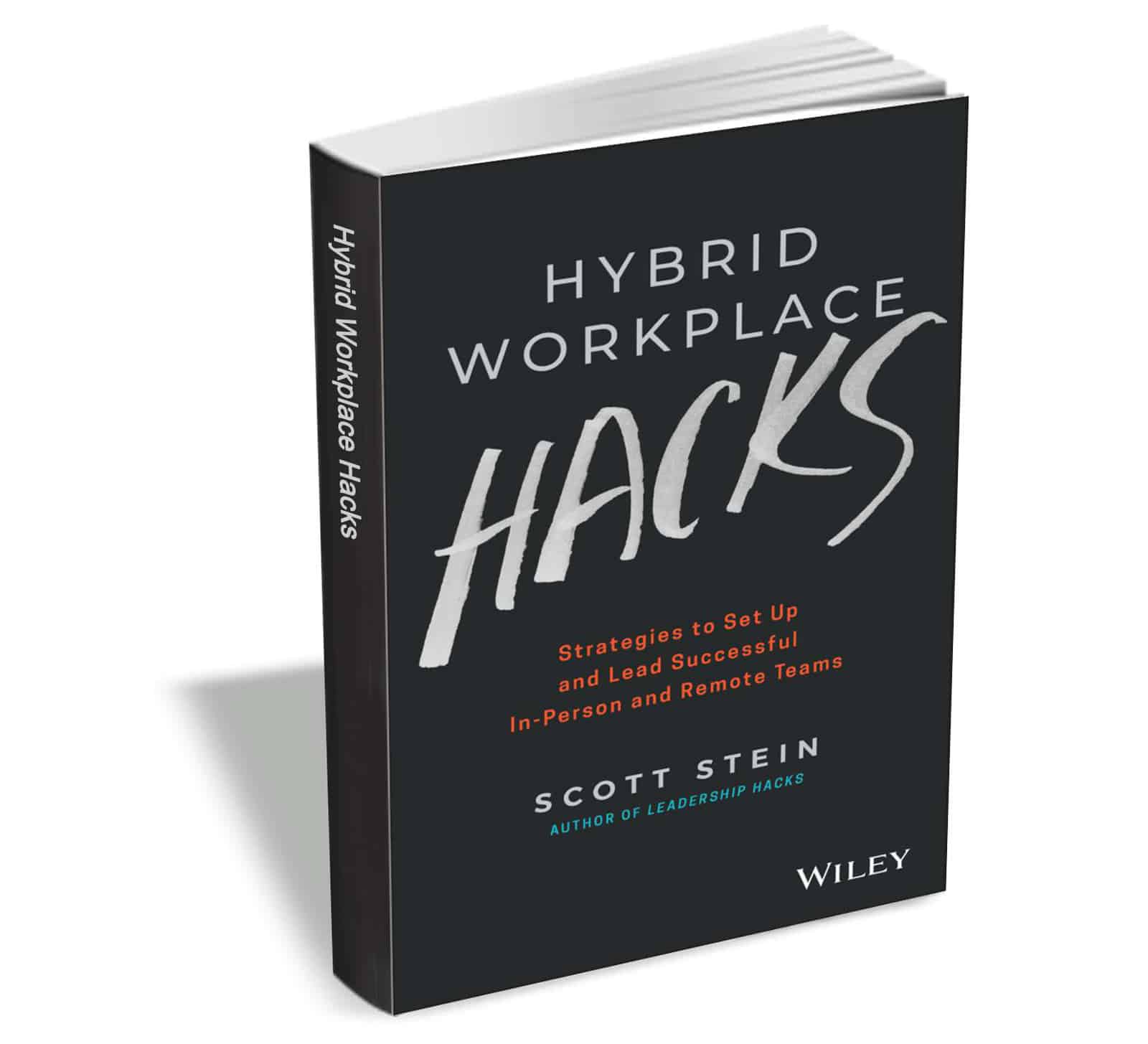
Bridging the gap between boardroom and SOC demands [Q&A]
It’s inevitable that different parts of the enterprise will pull in different directions. This is particularly true when it comes to the IT world where operational teams like the SOC tend to focus on operational resilience while management and the boardroom worry about compliance.
We talked to Kyle Wickert, field chief technology officer of AlgoSec, about how IT pros can balance the compliance demands of the C-suite while maintaining security across sprawling hybrid environments.

Real-time hybrid data access is key to AI success
A new report from data lakehouse company Starburst highlights the critical role of real-time hybrid data access and robust security in successful AI implementations.
Based on a survey of 300 IT professionals from diverse industries in the United States and Western Europe, carried out by TheCUBE Research, the report shows 90 percent of respondents believe their data management practices are either somewhat or very aligned with their AI innovation goals, highlighting the critical role of coherent data strategies.

Enterprises hang onto mainframes as migration strategies shift
A new report suggests that faced with mounting competition and economic uncertainty, 92 percent of global enterprises are changing course to retain mainframes as part of pragmatic hybrid strategies, rather than pursuing wholesale cloud shifts.
The latest Mainframe Modernization Business Barometer Report from Advanced, based on a survey of 400 IT leaders worldwide, reveals hybrid infrastructure strategies taking hold to balance workloads across cloud and mainframe. In fact, only six percent expect outright mainframe replacement anytime soon.

How hybrid working is turning the physical workplace into a target
Facing an onslaught of cyber-attacks originating from social engineering is now par for the course for many security professionals. However, a growing but often overlooked issue is how this technique is being manipulated to help gain entry to physical offices and workplaces to perpetrate cybercrime.
Very similar to social engineering in the digital world, cybercriminals are relying on human vulnerabilities to trick individuals into allowing them entry to premises. Referred to as physical social engineering (PSE), this form of deception exploits typical behaviors and emotions with the goal of obtaining security credentials to give attackers access to confidential data and sensitive information held on computer systems.

No more AI please, the infrastructure won't cope
While there's continuing buzz surrounding the use of AI, only 50 percent of IT leaders in a new survey say their company's current infrastructure is equipped to handle greater use of it.
The research from observability platform for hybrid IT infrastructures, LogicMonitor, shows that IT leaders do grasp the immense potential of AI technology, and even have a shortlist of desired outcomes it could help tackle.

Complex environments mean enterprises can't use a third of their data effectively
New research from hybrid data company Cloudera reveals that organizations currently estimate they are not using 33 percent of their data effectively.
The survey 850 IT decision makers (ITDMs) across the EMEA region shows 72 percent of respondents agree that having data sitting across different cloud and on-premises environments makes it complex to extract value from all the data in their organization.

Uncovering the security gaps that expose hybrid identity systems to attackers [Q&A]
Hybrid computing environments, which combine on-premises and cloud-based technologies, have become increasingly common in recent years. This shift has created new security challenges for IT leaders, particularly when it comes to managing the security of identity environments.
We spoke with Ran Harel, associate vice president of security products at Semperis, to find out more about the changing risk landscape and how it can be addressed.

The top drivers of wasted IT spend in a hybrid-first environment [Q&A]
From rising collaboration expenses to a need for more devices per employee, hybrid work models have driven a need for new investments in workplace technology.
However, a significant portion of IT spend is wasted in a hybrid-first environment, often due to a reliance on manual processes that don't provide much-needed visibility into organizational endpoints.

Why Hybrid Cloud is here to stay
Cloud has completely changed how contemporary businesses operate. It gives organizations a scalable means of managing their infrastructure, applications, and data. Between its flexibility and Pay as You Go (PAYG) options, Cloud provides substantially more configuration and design options than traditional infrastructure. As a result, businesses are adopting cloud services more and more frequently, giving them access to new tools and technologies, while also yielding efficiency improvements for their operations and procedures.
According to some projections, the worldwide cloud services industry will be worth about $600 billion by 2023, generating a rapidly expanding need for hybrid and multi-cloud solutions. Gartner expects that cloud system infrastructure services will be the second-biggest, but fastest-growing, cloud expenditure market category in 2023. As illustrated by the projected increase, hybrid and multi-cloud computing is becoming the new normal for many organizations -- providing them with the scalability benefits of public cloud -- while also delivering the flexibility and control inherent in private cloud computing and traditional server infrastructure.

Mid-market firms push for hybrid cloud as budgets are hit by inflation
New research from Node4 into the IT priorities of mid-market businesses in the UK shows hybrid cloud adoption has increased by 11 percent since last year.
Inflationary pressures have led to a re-examination of cloud adoption models and a desire to access more predictable, stable costs -- as well as a wider choice of pricing models. Hybrid cloud is seen as a viable long-term, and potentially more flexible, option that combines the best aspects of public and private cloud.

Get 'Hybrid Workplace Hacks' (worth $12.79) for free
The COVID-19 pandemic forced many employees to vacate the office and work from their homes and find new ways of working. Now, employees are demanding more workplace flexibility, something between the daily office grind and working alone at home. Hybrid workplaces allow for the best of both worlds to create a unified culture between on-site and off-site employees. So in order to retain valued staff, it’s up to business leaders to get hybrid right.
In Hybrid Workplace Hacks, Scott Stein, leadership expert and best-selling author of Leadership Hacks, reveals proven hacks to make your hybrid workplace a resounding success, no matter where your employees are.

Collaboration technologies are essential to optimizing offices and remote employees for hybrid work
The methods and tools used to conduct office work are rapidly expanding to accommodate a wider range of worker situations and needs, including hybrid schedules and fully remote employees that each require different support structures to optimize workflows and communications. While the tasks and responsibilities of most workers haven’t changed, many people are adjusting to different physical spaces and expectations in terms of attending virtual meetings or collaborating with colleagues who traditionally shared a common workplace.
In order to help companies ensure consistent productivity regardless of worker location or situation, there are a number of new collaboration solutions that can help suit any budget, space or need.

IBM and VMware help businesses modernize hybrid cloud workloads
IBM and VMware are using this week's VMware Explore event to announce an expanded partnership to help clients and partners modernize mission-critical workloads and speed up time to value in hybrid cloud environments.
The two companies are also planning to help clients in regulated industries such as financial services, healthcare and the public sector address the cost, complexity and risk of migrating and modernizing mission-critical workloads in the cloud.

What is unified observability and why is it important? [Q&A]
There has been much discussion around observability in the past few months. With the adoption of hybrid work models and cloud systems, IT leaders have quickly realized the business and security value of creating transparency within their existing tech infrastructure.
Digital experience company Riverbed has announced a business move towards a market it's calling 'unified observability'. The company's vice-president Mike Marks spoke to us about the unified observability concept, why it's integral to IT decision-makers' strategies and offers some thoughts on how enterprises can begin integrating it within their current operations.

Cloud helps businesses achieve sustainable growth
According to a new report, 60 percent of IT decision makers say cloud capabilities have been pivotal to helping their organization grow.
The study by Foundry finds this number increases to 64 percent for enterprises and 58 percent for SMBs. The research also shows that on average, organizations will allocate 32 percent of their total IT budget to cloud computing with the total average spend being $78 million over the next 12 months, up from $73 million in 2020.
